Inficold

(Illustrations by Cristina Spanò)
Food waste is a major global issue: Each year, a third of the world’s food production doesn’t land on anyone’s table. In India, a lack of cold-storage facilities on farms contributes to more than 18 percent of fruit, vegetables, and milk spoiling before they can be sold — resulting in huge losses for farmers. Himanshu Pokharna WG06, who has a doctorate in nuclear engineering, and Nitin Goel, with a PhD focus on solar energy, developed a solution. Inficold’s solar-powered technology makes ice to store as a low-cost, environmentally friendly coolant. Simple to hook up to farms’ existing cooling hardware, Inficold aims to transform Indian agriculture’s cold chain.
10 Grove

Rana Argenio W10
The direct-to-consumer business model is trending, and for good reason: It makes the high-end product experience accessible to a broader market. However, not all DTC brands offer both the high quality of their traditional retail counterparts and truly lower prices. 10 Grove, a rapidly growing bedding company, wants to put this right. Founded by Goldman Sachs alum Rana Argenio W10, whose expertise comes from five generations of her family’s luxury textile business, the company sources from European fabric mills and manufactures ethically in-house in the U.S. 10 Grove has received praise from both Forbes and Esquire for its elevated approach to everyday luxe.
PatientPing
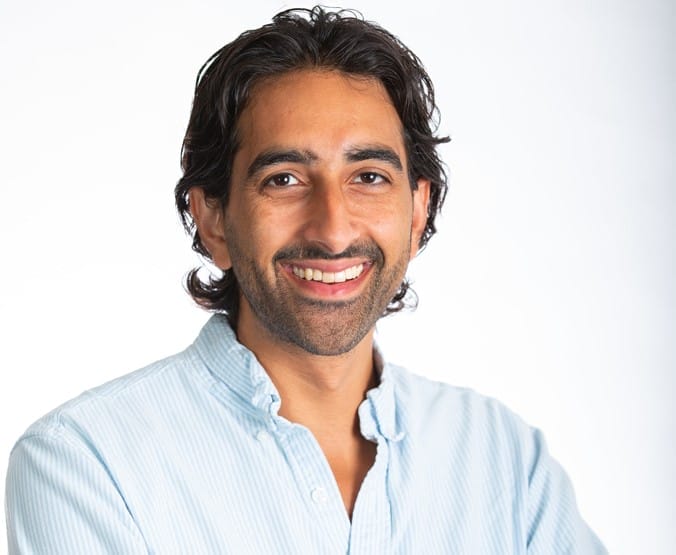
Jay Desai WG11
Considering how hyper-connected many aspects of life in the U.S. are, it’s surprising that health-care providers can have massive blind spots when it comes to their patients’ visits to other practices. This not only causes inefficiencies; it can risk patient health. Jay Desai WG11 founded PatientPing to better integrate communities of care by sharing “pings” and “stories” with health-care systems to let providers know where patients are and where they’ve been. Named by Business Insider as a startup set to boom in 2020, PatientPing has already raised more than $100 million in funding, including from Google Ventures.
Billie
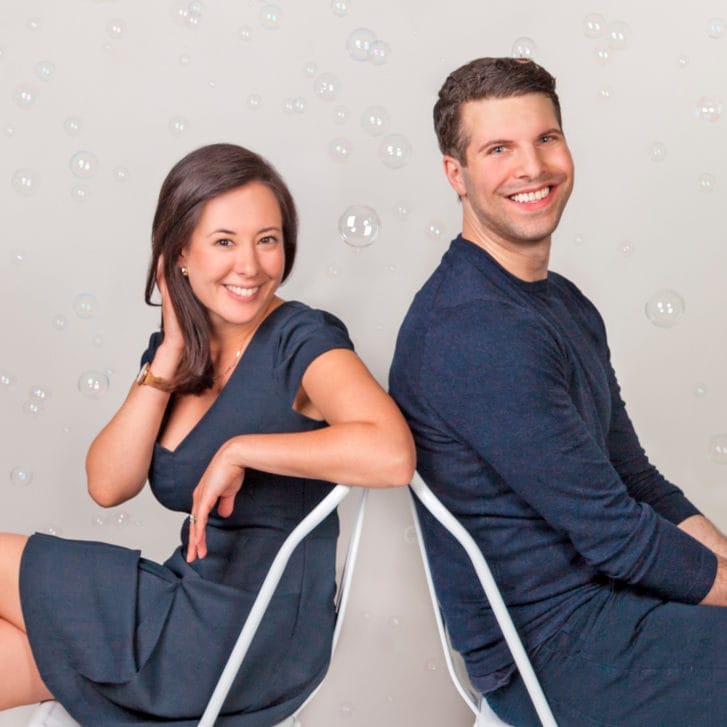
Georgina Gooley and Jason Bravman WG16
The message from Billie is clear: Women should be able to shave — or not shave — as they please. The subscription-based grooming startup uses bold ads that show women’s body hair and a campaign, #projectbodyhair, that encourages them to post their own fuzzy pictures online. Launched by co-founders Jason Bravman WG16 and Georgina Gooley, the body-care brand trumpets its efforts to trim the pink tax — that extra money women pay for specific products and services, including razors. Among those on board with Billie’s mission: Procter & Gamble, which acquired the business in January.
Clove
Luxurious style, cushiony comfort, and fluid repellency in one shoe? Sounds like a nurse’s dream. For frontline medical professionals working on busy hospital floors, footwear options have been limited — and a little too practical. Clove has changed that. Joe Ammon WG19 founded the company after seeing the physical demands put on his wife, Tamara, who’s a nurse. Launched late last year, the online direct-to-consumer brand combines the comfort of a sneaker and the convenience of a clog with an easy-to-clean exterior. And they’re stylish: Luxury high-heel designer Stuart Weitzman W63 had a small role early in the design stage.
MedCrypt
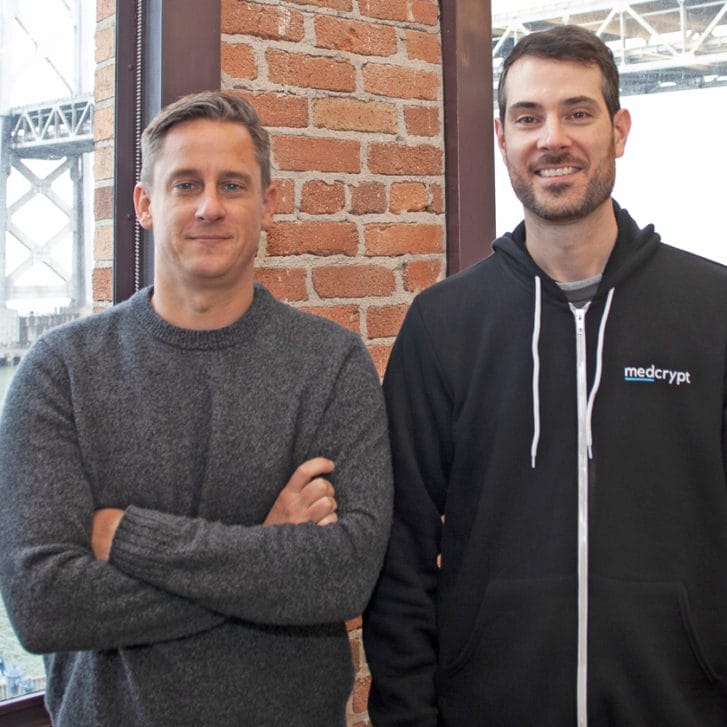
Mike Kijewski LPS10 WG12 and co-founder Eric Pancoast
After watching an episode of Homeland in which the vice president’s pacemaker was hacked by terrorists, Mike Kijewski LPS10 WG12 wondered: Could that really happen? The frightening answer was yes. Cyberattacks on health care are expected to exceed those in any other industry, and the FDA has issued security guidelines for medical devices. Enter MedCrypt, Kijewski’s startup that counts the Wharton Alumni Angels as one of its earliest investors. To ensure medical technology isn’t susceptible to such sabotage, MedCrypt works with device makers early on to build in security features such as data encryption and attack-detection capabilities.
Verishop
A place to discover brands: That’s the idea behind Verishop, an online-shopping site that carefully vets the high-quality fashion, beauty, and home goods it carries. Co-founded by couple Imran and Cate Khan WG05 (a former Snap executive and retail leader at Amazon, respectively), the company offers an alternative to sites that allow third-party sellers and questionable products on their platforms. (Also on offer: 24/7 customer service and free one-day shipping and returns.) Verishop’s retail team has certified established brands such as Staub, Free People, and Harry’s, as well as lesser-known — but still thoroughly vetted — labels the company is confident consumers will love.
Drip Capital
Former Wharton roommates Pushkar Mukewar WG11 and Neil Kothari WG11 founded trade-finance firm Drip Capital to give small and midsize exporters in developing markets better access to much-needed debt financing. Access to working capital has long been a problem for exporters, since many buyers pay them for orders well after they’re signed — but exporters need the money up front for the assignments. They also typically have trouble working with banks, which are often hesitant to dole out capital to smaller exporters. That’s where Drip comes in, providing an essential resource that otherwise wouldn’t be available to many of the more than 400 exporters across 70-plus cities who have partnered with the company.
D’vash Organics
Syrup made from dates has long been a cooking staple in the Middle East and Africa, but the sweetener — an alternative to sugar and honey — has yet to catch on in the U.S. Brian Finkel W10, however, sees the potential. He fell in love with the syrup overseas and met D’vash Organics co-founder David Czinn during a gap year in Jerusalem. Now, the duo sells date nectar and syrup (plus a sweet-potato nectar) that are both vegan and non-genetically modified. Founded less than five years ago, the company has made significant inroads, with shelf space at major grocers that include Whole Foods, Wegmans, and Sprouts, as well as online at Amazon.
Carbon

Ngozi Dozie WG06
This fintech firm founded by Ngozi Dozie WG06 and brother Chijioke is bringing better banking to Africa. The app-based company, which started out as a consumer lending platform in 2016, has since expanded its services to enable users to do everything from paying bills to accessing credit reports to making investments. Carbon has grown rapidly in recent months, notably launching in Kenya last year and, in February, debuting both an iOS app and a $100,000 investment fund to back startups on the continent — all in service of its goal to become, as Ngozi has said, “a Pan-African digital bank for Africans and Africans in the diaspora.”
Primary
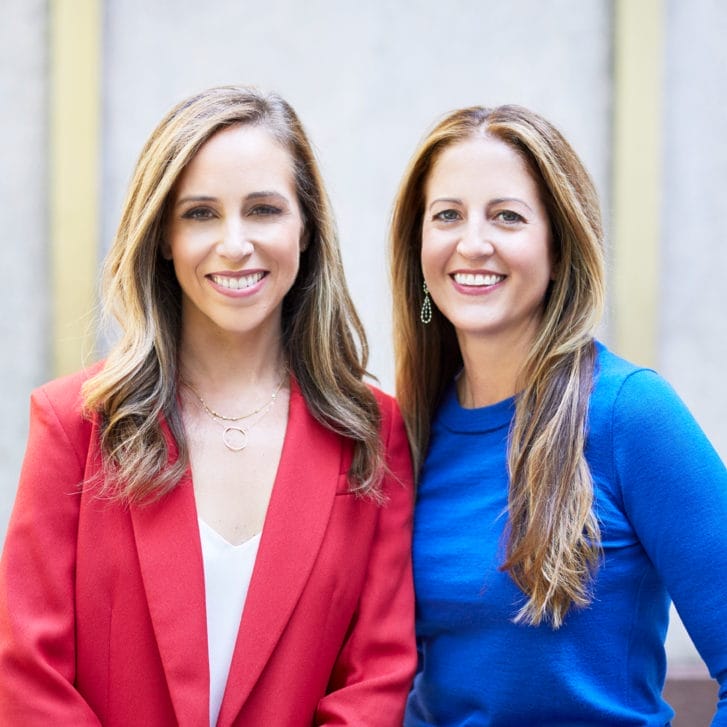
Christina Carbonell W95 and Galyn Bernard
Children can be quite particular about their daily wardrobes — acceptable outfits range from “only orange” to “not fancy” to “with my rain boots” — and comfort is a prerequisite. Primary, an online children’s clothing brand, delivers gender-neutral styles in a rainbow of colors and patterns made from extraordinarily soft fabric. Mothers themselves, co-founders Christina Carbonell W95 and Galyn Bernard pride themselves on keeping costs low, quality high, and customer service exceptional. Primary has raised a total of $47.9 million in funding, including a Series C round that will enable the founders to expand into new categories, including adults. Getting out the door has gotten much easier.
Parker Dewey
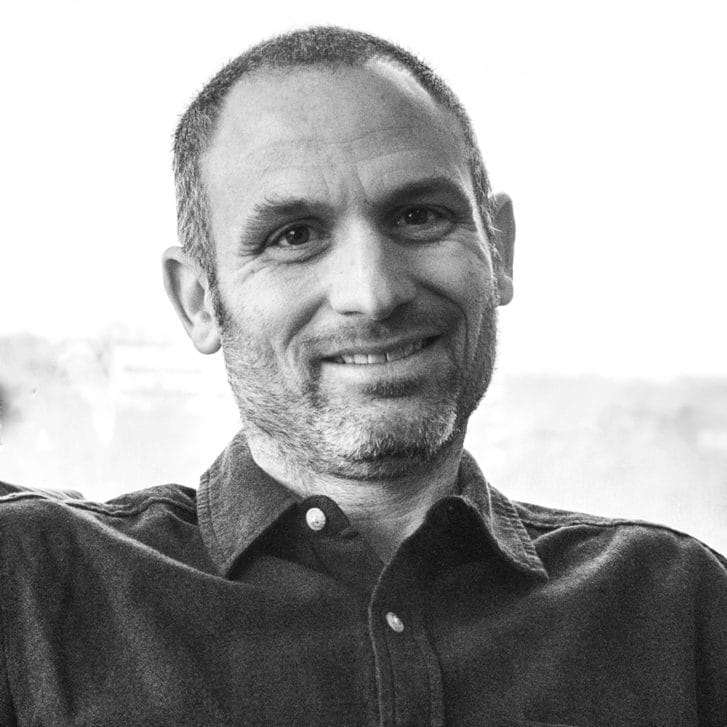
Jeffrey Moss WG04
Parker Dewey is in the business of helping to jump-start careers — and making it easier for companies and job candidates to connect before making long-term commitments. The idea came to founder Jeffrey Moss WG04 during his roughly 20 years as a private equity investor, when he observed students struggling to secure their first jobs because they didn’t have the right academic records or personal connections. His vision: help students and recent graduates get those gigs by exposing them earlier to employers (and vice versa) through micro-internships. Here’s how it works: Companies post short-term paid assignments to Parker Dewey, and candidates apply to complete them. Through the projects, young workers take on roles that could lead to internships or, better yet, full-time positions.
Moonfish

Craig Campbell and George Zeng WG13
Looking for a great deal on a flight for your next trip? Founded by George Zeng WG13 and Craig Campbell, Moonfish aims to snag dirt-cheap fares for people who are willing and able to rethink how they travel. Instead of choosing a specific destination and exact flight dates, users note their home cities and then choose from a range of low-cost flights to a variety of destinations. Or, if you know where you want to go but don’t need to book a specific date, Moonfish can find the cheapest time to travel to that location. Although it’s only available for people flying out of a handful of airports right now, the company plans to expand to more than 100 this year.
Rhino
Rhino is taking aim at an age-old tradition in the world of real estate — charging security deposits for rentals. Chaired by former Tinder executive Ankur Jain W11, the startup offers an alternative: Instead of requiring that renters pay thousands of dollars up front, landlords who work with Rhino have them pay a nonrefundable fee each month. In exchange, Rhino offers insurance that pays for damages a deposit would normally cover. (In addition to residential services, the company offers commercial insurance.) It’s a win-win situation, says Rhino: Renters avoid having to shell out big fees at the start, and landlords fill vacancies more quickly by removing a potential financial barrier for tenants without putting themselves at risk.
Published as “Micro-Internships, Fashion for Kids, and Fintech for Africa” in the Spring/Summer 2020 issue of Wharton Magazine.
Read about other alumni-powered ventures in the full Watchlist.




























